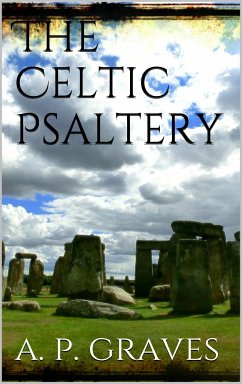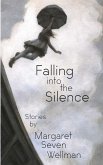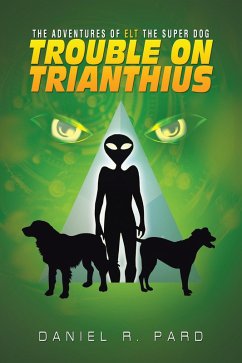Next follow poems attributed or relating to some of the Irish saints—Patrick, Columba, Brigit, Moling; Lays of Monk and Hermit, Religious Invocations, Reflections and Charms and Lamentations for the Dead, including a remarkable early Irish poem entitled "The Mothers' Lament at the Slaughter of the Innocents" and a powerful peasant poem, "The Keening of Mary." The Irish section is ended by a set of songs suggested by Irish folk-tunes.
Dieser Download kann aus rechtlichen Gründen nur mit Rechnungsadresse in A, B, BG, CY, HR, DK, EW, FIN, F, D, GR, IRL, I, LR, LT, L, M, NL, PL, P, CZ, R, SK, SLO, S, H ausgeliefert werden.









